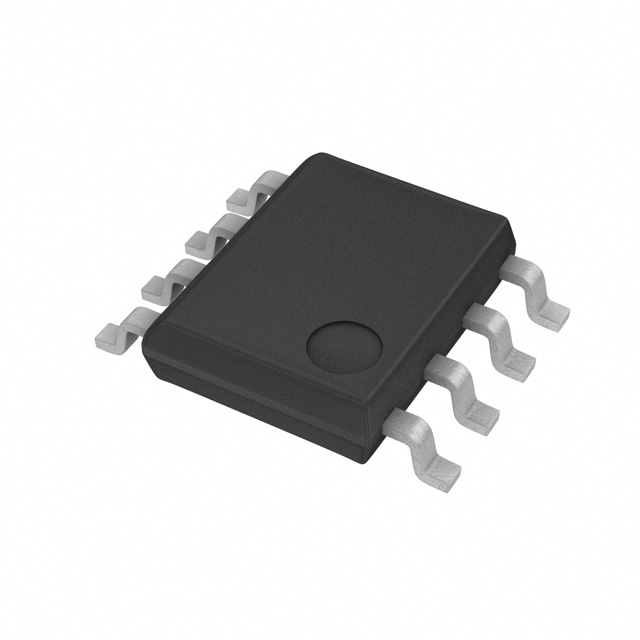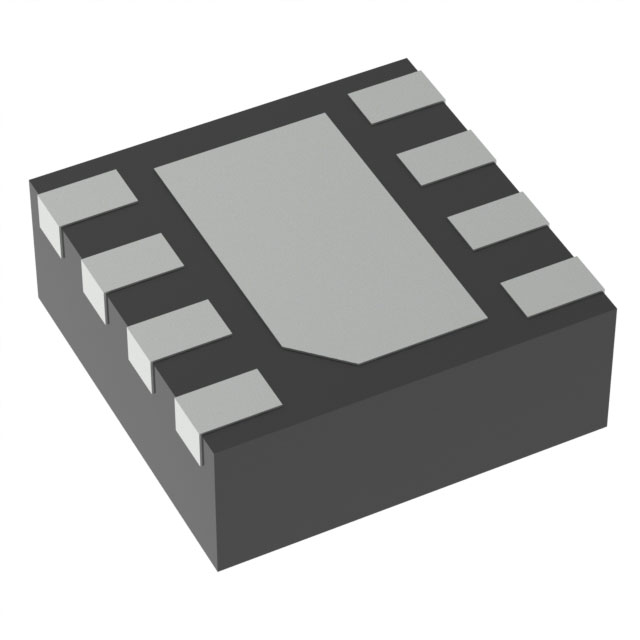NJM339CG-TE2
Manufacturer No:
NJM339CG-TE2
Manufacturer:
Description:
IC COMPARATOR 4 GEN PUR 14SOP
Datasheet:
Delivery:





Payment:




In Stock : 2171
Please send RFQ , we will respond immediately.









NJM339CG-TE2 Specifications
-
TypeParameter
-
Supplier Device Package14-SOP
-
Mounting TypeSurface Mount
-
Package / Case14-SOIC (0.154", 3.90mm Width)
-
Operating Temperature-40°C ~ 85°C
-
Hysteresis-
-
Propagation Delay (Max)-
-
CMRR, PSRR (Typ)-
-
Current - Quiescent (Max)2.5mA
-
Current - Output (Typ)16mA @ 5V
-
Current - Input Bias (Max)0.25µA @ 5V
-
Voltage - Input Offset (Max)5mV @ 5V
-
Voltage - Supply, Single/Dual (±)2V ~ 36V, ±1V ~ 18V
-
Output TypeCMOS, DTL, ECL, MOS, Open-Collector, TTL
-
Number of Elements4
-
TypeGeneral Purpose
-
PackagingCut Tape (CT)
-
PackagingTape & Reel (TR)
-
Product StatusActive
-
Series-
The NJM339CG-TE2 is a quad comparator integrated circuit chip manufactured by New Japan Radio. It has several advantages and can be used in various application scenarios. Here are some of them:Advantages: 1. Low power consumption: The NJM339CG-TE2 operates at a low supply voltage and consumes minimal power, making it suitable for battery-powered devices and low-power applications. 2. Wide supply voltage range: It can operate within a wide range of supply voltages, typically from 2V to 36V, allowing flexibility in different power supply configurations. 3. High input impedance: The chip has a high input impedance, which means it can interface easily with different signal sources without loading them significantly. 4. Rail-to-rail output: The output voltage range of the NJM339CG-TE2 covers the entire supply voltage range, enabling it to provide accurate and precise output signals even when operating close to the supply rails. 5. Low input offset voltage: The chip has a low input offset voltage, which reduces errors in comparator applications that require high precision.Application scenarios: 1. Voltage monitoring: The NJM339CG-TE2 can be used to monitor voltage levels and trigger actions based on specific thresholds. For example, it can be used in battery-powered devices to detect low battery voltage and initiate a warning or shutdown mechanism. 2. Signal conditioning: It can be used in signal conditioning circuits to compare and process analog signals. For instance, it can be used to compare sensor outputs with reference voltages and generate digital outputs based on the comparison results. 3. Window comparators: The chip can be used in window comparator circuits to determine if an input signal falls within a specific voltage range. This is useful in applications such as overvoltage/undervoltage protection, level detection, or signal validation. 4. Oscillators and waveform generators: The NJM339CG-TE2 can be used in oscillator circuits to generate square waveforms or as a part of waveform generators for various applications like frequency generation, pulse width modulation (PWM), or timing circuits. 5. Level shifting and logic level conversion: It can be used to shift voltage levels or convert logic levels between different voltage domains, enabling compatibility between different digital systems.These are just a few examples of the advantages and application scenarios of the NJM339CG-TE2 integrated circuit chip. Its versatility and features make it suitable for a wide range of analog and digital applications.
NJM339CG-TE2 Relevant information









